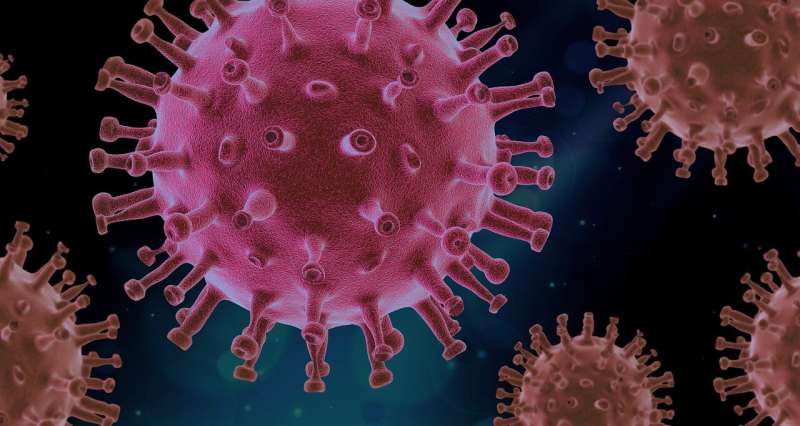This article has been reviewed according to Science X's editorial process and policies. Editors have highlighted the following attributes while ensuring the content's credibility:
fact-checked
peer-reviewed publication
trusted source
proofread
From one nightmare to another: Anthony Fauci's new concern

"What keeps you up at night?" It's a question Anthony Fauci, MD, heard repeatedly over the course of his nearly four decades as director of the National Institute of Allergy and Infectious Diseases at the National Institutes of Health.
Now a Distinguished University Professor at Georgetown University School of Medicine and the McCourt School of Public Policy, Fauci says he realized his worst nightmare—a twist on the usual question—in January 2020 when the type of virus he most feared triggered a worldwide pandemic.
Today, as the COVID-19 pandemic wanes, Fauci describes a new nemesis—lack of "corporate memory."
Writing in Science Translational Medicine, as if to help ensure an indelible, collective memory is created, Fauci reviews the key lessons learned from COVID-19 to help prepare and respond to the next pandemic, "whenever that occurs."
He describes two "buckets" for these lessons: the public health bucket and the scientific bucket.
"If there is a success story embedded in the COVID-19 saga, it is in the arena of basic, translational, and clinical science— the scientific bucket," Fauci writes. He attributes the success to decades of investment in basic research, noting the scientific achievements of Drew Weissman, MD, Ph.D., and Katalin Kariko, Ph.D., awarded the 2023 Nobel Prize in Medicine or Physiology for their discoveries that enabled the development of effective mRNA vaccines against COVID-19.
Fauci also describes a possible path ahead for future scientific work involving prototype pathogen research.
Often perceived as the face of the public health response during the pandemic in the U.S., Fauci outlines failures that fall in the public health "bucket" ranging from institutional weaknesses to the disconnect between health care delivery and the public health infrastructure. Specifically, he notes poor coordination between state and governments, supply chain issues, and misinformation and disinformation.
"Fundamental to all this discussion is my comment above regarding the next inevitable pandemic, whenever that occurs," Fauci concludes.
"Over and over, after time has passed from the appearance of an acute public health challenge, and after cases, hospitalizations, and deaths fall to an 'acceptable' level … the transition from being reactive to the dwindling challenge to being durably and consistently prepared for the next challenge seems to fall flat. Hopefully, corporate memory of COVID-19 will endure and trigger a sustained interest and support of both the scientific and public health buckets.
"If not, many of us will be spending a lot of time awake in bed or having nightmares when asleep."
More information: Anthony Fauci et al, What Keeps Me Up at Night, Science Translational Medicine (2023). DOI: 10.1126/scitranslmed.adj9469. www.science.org/doi/10.1126/scitranslmed.adj9469




















